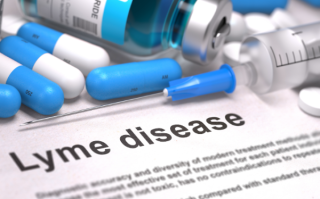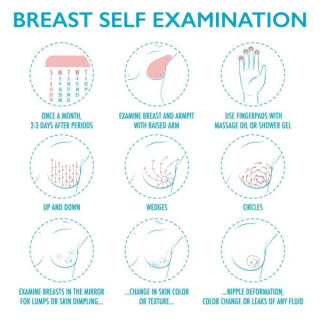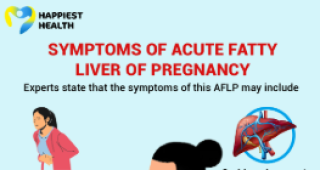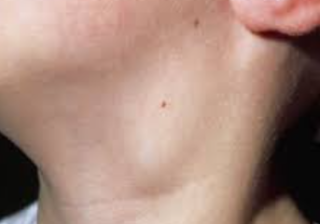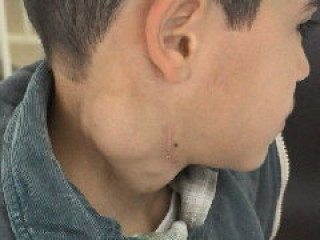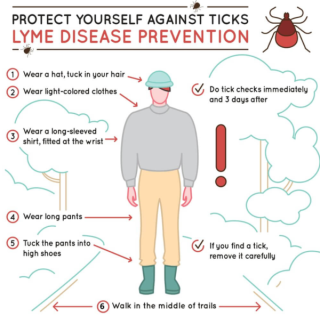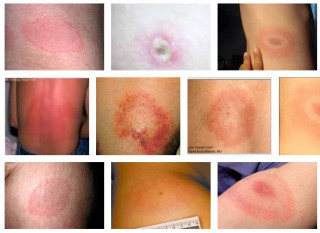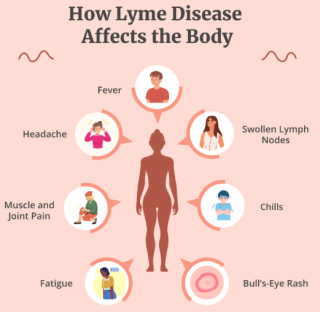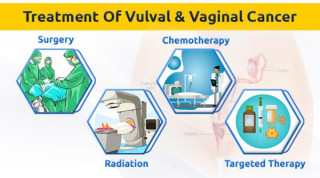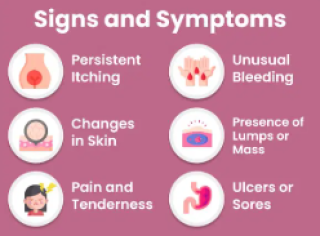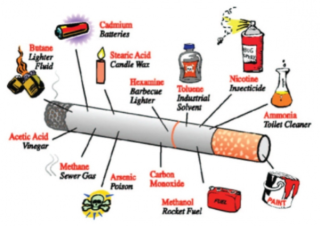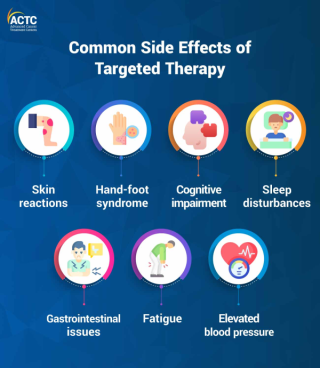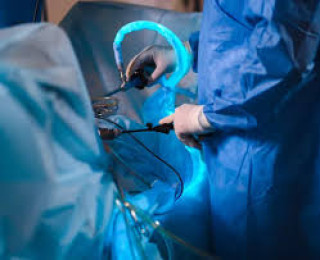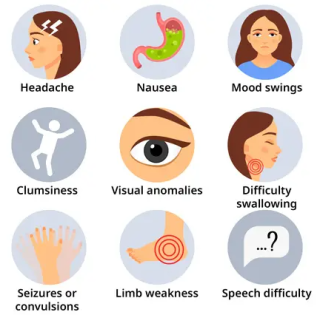Side effects of Vulvar Cancer Surgeryupdated at Nov 11, 2025 1,605 1,605 Curative surgery for vulvar cancer, |
Sinus Surgery: When Is It Necessary?updated at Nov 09, 2025 1,377 1,377 A small subset of individuals suffering from chronic sinusitis may find themselves unresponsive to even the most comprehensive medical treatments.Research suggests that, |
How to remove Attached Ticks ?updated at Nov 08, 2025 1,476 1,476 Prompt tick removal is crucial, |
Treatment for Lyme diseasecreated at May 06, 2009 1,335 1,335 Lyme disease is treated with antibiotics, |
What should I do if I find a lump while performing a monthly breast self-exam?created at May 03, 2009 1,319 1,319 Finding a lump during a breast self-exam doesn't automatically mean it's cancerous, |
Understanding Liver Infections During Pregnancy - Risks and Precautionscreated at Sep 25, 2009 1,694 1,694 Pregnancy is a period of significant physical and emotional changes, |
What should I ask my doctor about treatment if I am diagnosed with Hodgkin's disease?updated at Nov 07, 2025 1,411 1,411 Being diagnosed with Hodgkin's lymphoma can be overwhelming.Understanding your treatment options and their potential impact on your life is crucial.This article outlines key questions to discuss with your doctor, |
What are the side effects of Hodgkin's disease treatment?updated at Nov 07, 2025 1,353 1,353 Side Effects of Hodgkin's Disease TreatmentThe treatments for Hodgkin's disease, |
How is Hodgkin's disease diagnosed?created at May 22, 2009 1,539 1,539 If Hodgkin's disease is suspected, |
Understanding Growth Hormone Dosing - What You Need to Knowcreated at May 14, 2009 1,333 1,333 Growth hormone (GH) dosing is highly individualized and depends on factors like age, |
Can Lyme Disease be prevented?updated at Nov 08, 2025 1,355 1,355 Lyme disease prevention primarily focuses on avoiding tick bites.This can be achieved through wearing long sleeves and pants when in tick-infested areas, |
Is Lyme disease a New Illness?updated at Nov 07, 2025 1,825 1,825 Is Lyme Disease a New Illness?Lyme disease is not a new illness.Although formally identified and named in 1975 following an outbreak in Lyme, |
What is the treatment for Lyme disease?updated at Oct 31, 2025 1,235 1,235 Key Points about Lyme Disease Treatment?:Antibiotics are the Primary Treatment: The standard treatment for Lyme disease is with antibiotics.Early Treatment is Crucial: Antibiotics are most effective when started as early as possible after infection.Prompt ... |
What are the commonest Lyme Disease Symptoms at onset?updated at Nov 08, 2025 1,549 1,549 Lyme disease, |
How does Lyme Disease start?updated at Nov 08, 2025 1,423 1,423 Lyme disease is an infectious disease caused by a spiral-shaped bacterium of the *Borrelia* genus, |
How does Lyme disease infection occur?updated at Oct 30, 2025 1,376 1,376 Lyme disease infection occurs through the bite of an infected blacklegged tick (also known as a deer tick).These ticks acquire the bacteria, |
What is Lyme Disease?created at May 06, 2009 1,432 1,432 Lyme disease is a bacterial infection transmitted to humans through the bite of infected blacklegged ticks.The bacteria responsible is Borrelia Burgdorferi (and in some areas, |
Are there Clinical Trials available for Vulvar Cancer?updated at Nov 09, 2025 1,454 1,454 Clinical trials for vulvar cancer exist, |
Will I be able to adjust to Valva Cancer well?created at May 05, 2009 1,401 1,401 Adjusting to a vulvar cancer diagnosis and treatment is a deeply personal journey, |
Side Effects of Vulvar Cancer Chemotherapyupdated at Nov 08, 2025 1,430 1,430 Chemotherapy for vulvar cancer can lead to a variety of side effects, |
Radiation Therapy Side Effects of Vulvar Cancerupdated at Nov 09, 2025 1,505 1,505 Understanding Side EffectsRadiation therapy is a common treatment for vulvar cancer, |
Exploring Three Vulvar Cancer Treatmentscreated at May 05, 2009 1,301 1,301 Three common treatments for vulvar cancer include surgery, |
Understanding Vulvar Cancer Diagnosis: What to Expectcreated at May 05, 2009 1,330 1,330 Vulvar cancer is diagnosed through a combination of methods, |
Vulvar Intraepithelial Neoplasia as Risk Factors for Vulvar Cancerupdated at Nov 08, 2025 1,511 1,511 Vulvar intraepithelial neoplasia (VIN) represents the abnormal growth of cells within the vulvar epithelium.It's classified as a precancerous condition, |
Tobacco as risk factors for vulvar cancercreated at May 05, 2009 1,274 1,274 While not a direct cause, |
Understanding Age as a Risk Factor for Vulvar Cancerupdated at Nov 09, 2025 1,277 1,277 Age is a critical factor in assessing the risk of developing vulvar cancer.Data consistently shows a strong relationship between age and the likelihood of a vulvar cancer diagnosis. Age and Vulvar Cancer IncidenceApproximately three-quarters of women diagn... |
How is cancer of the cervix treated?updated at Nov 22, 2025 1,701 1,701 Cervical Cancer Treatment OptionsTreatment for cervical cancer is highly individualized, |
What are the Side Effects of Treatment for Colorectal Cancer?updated at Nov 08, 2025 1,485 1,485 Side effects from colorectal cancer treatment are highly variable, |
Surgery for Colorectal Cancerupdated at Nov 13, 2025 1,381 1,381 Surgery is frequently the primary and sometimes the sole treatment approach for colorectal cancer.The specific surgical procedure employed is dictated by the tumor's location and size. Partial Colectomy: The Standard ProcedureThe most common surgical inter... |
What should I ask my doctor when diagnosed with endocrine cancer?created at May 04, 2009 1,304 1,304 Diagnosing endocrine cancer involves a combination of methods, |
What are the symptoms of Brain Tumors?updated at Nov 11, 2025 1,557 1,557 Brain tumor symptoms are highly variable, |
What is the difference between primary bone cancer and secondary bone cancer?created at May 03, 2009 1,302 1,302 Primary bone cancer originates in the bone itself, |
